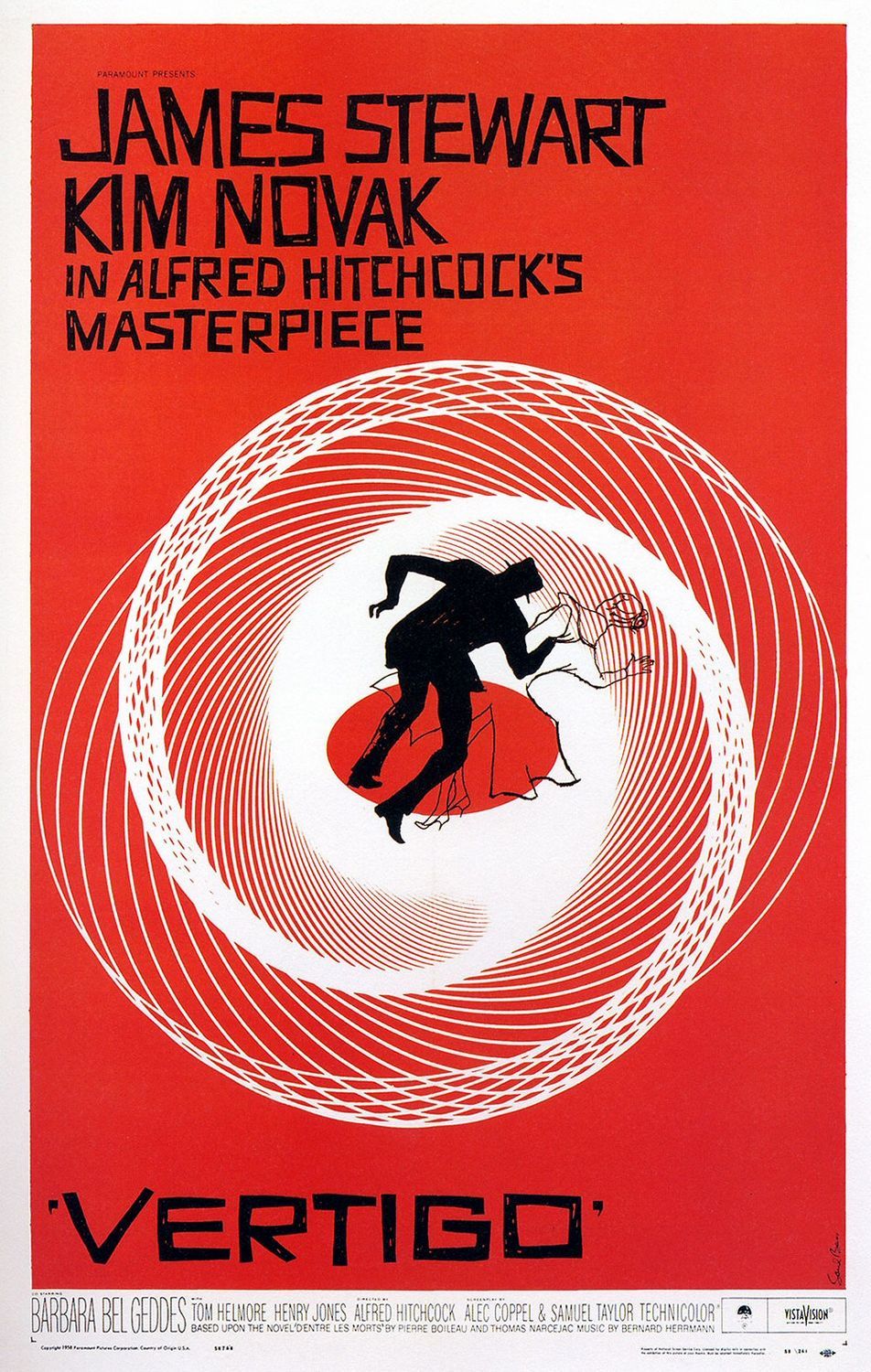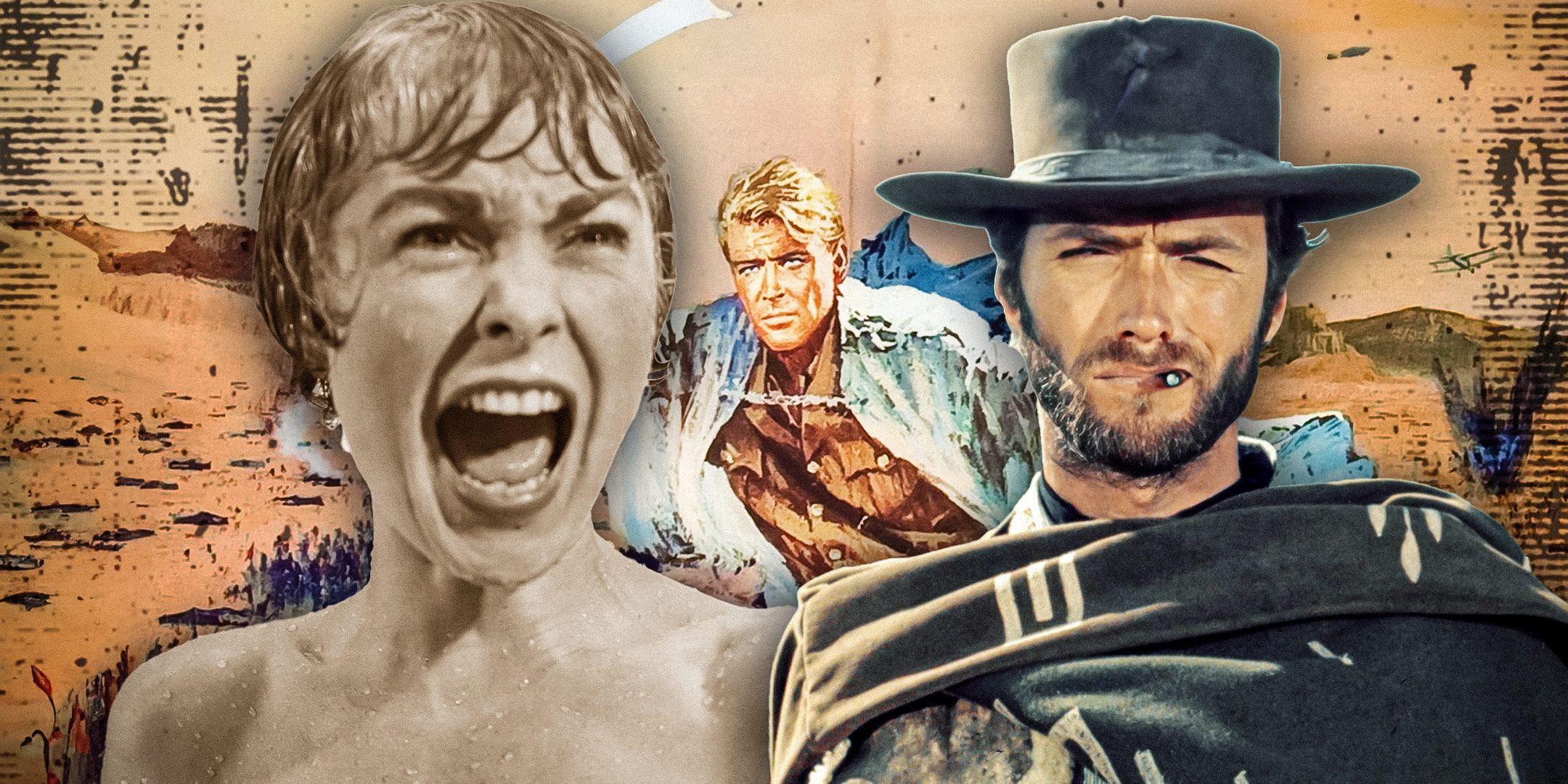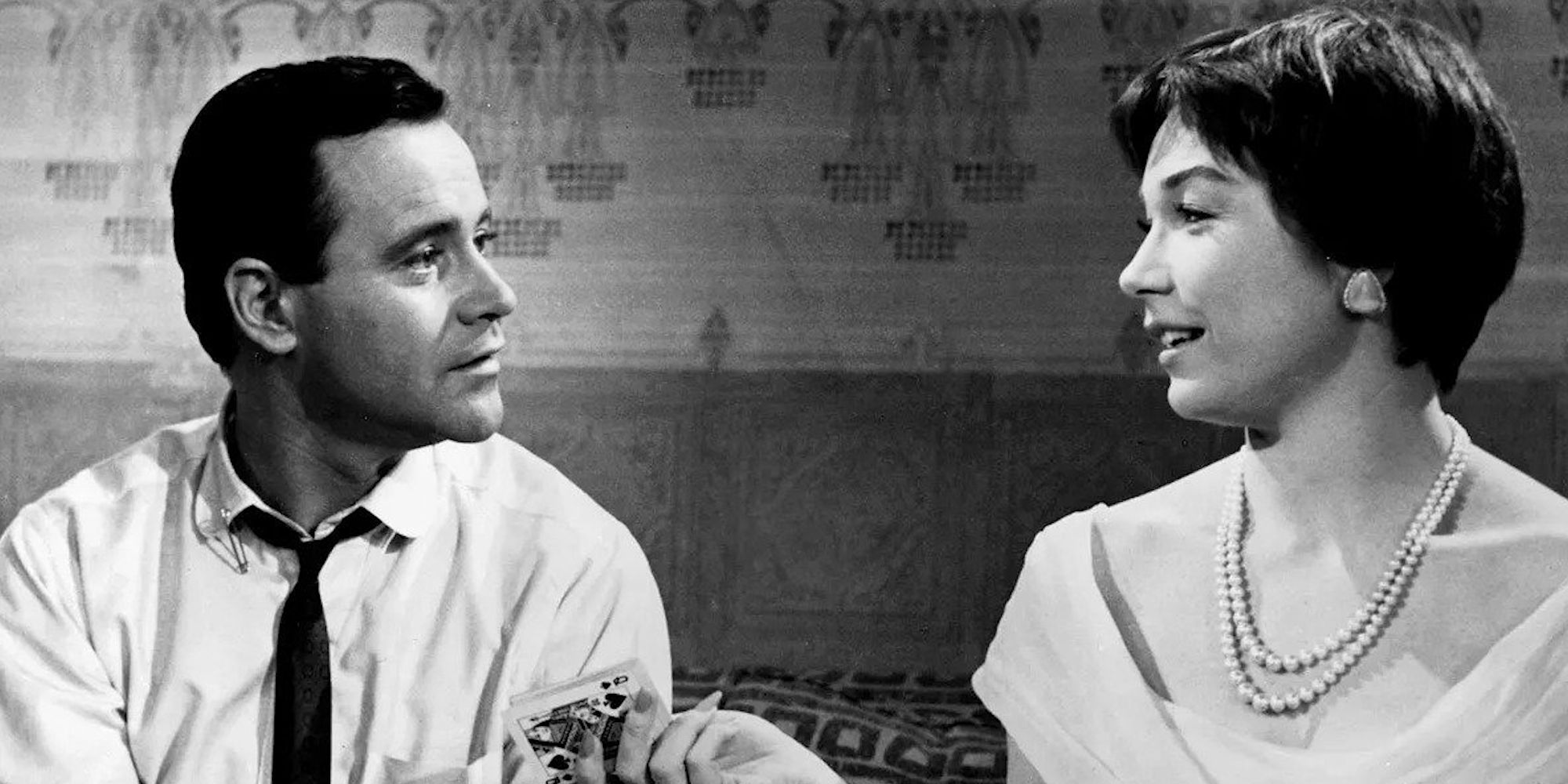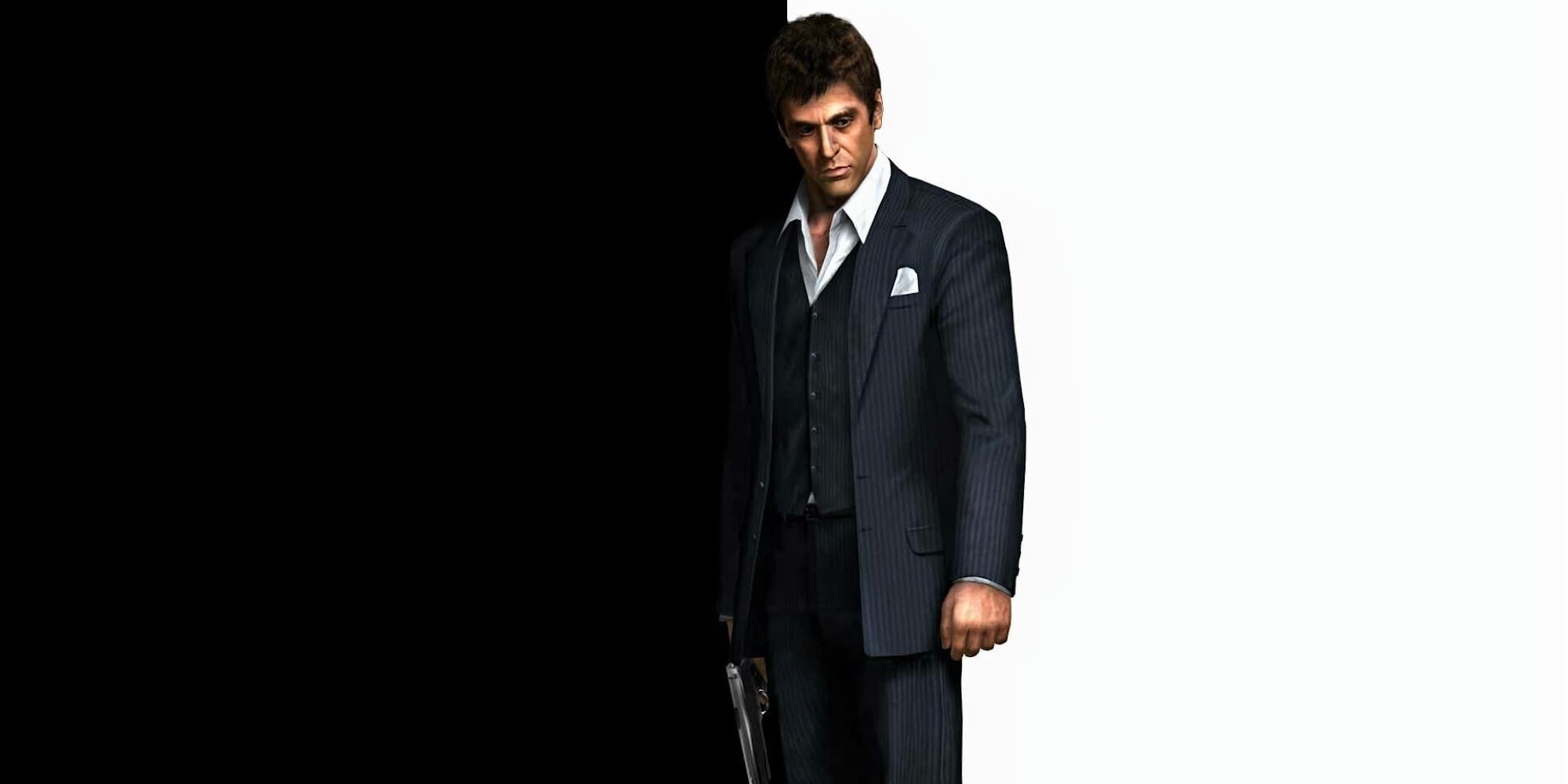Even though it’s now widely considered one of the greatest movies ever made, Alfred Hitchcock’s psychological thriller didn’t win a single Academy Award. That is, until 54 years after its release, when another film won Best Original Score despite lifting a piece of music directly from Vertigo. This strange event served as belated validation for one of Bernard Hermann’s most ingenious musical compositions.
Hermann’s composition , in which the movie’s protagonist Scottie falls for Kim Novak’s character Judy, one of Hitchcock’s finest cinematic moments. The music’s string-heavy ascending melody underlines the state of romantic hypnosis in which James Stewart’s Scottie finds himself, perfectly complementing the ghostly lighting effects Hitchcock applies to the scene. Hermann’s piece also hints at the tragedy in Vertigo’s ending, as it enacts the sound of Scottie’s desperate obsession with Judy, which eventually leads to disaster.
In 2011, Michel Hazanavicius decided that “Scene d’Amour” could enact a similar sentiment in his Oscar-winning film The Artist. The Artist was his love letter to cinema, and he annotated his post-production notes for the movie’s soundtrack with musical placeholders lifted from some of the most celebrated movies of Hollywood’s Golden Age. These placeholders were originally intended as recommendations for the film’s composer Ludovic Bource to use as inspiration while writing an original score for each scene of The Artist, but one particular song was determined to be good for just a placeholder.
Subsequently, the director had , so that it could serve as part of his movie’s final soundtrack. Hermann’s composition soundtracks a scene in which The Artist’s protagonist George Valentin is considering suicide while his love interest Peppy Miller races to his house to try and save him. It’s the movie’s climactic moment, demonstrating just how important Vertigo’s score is to the Oscar that Bource won in 2012 for Best Original Score. Ultimately, this Oscar belongs to The Artist, but it’s effectively a victory for Vertigo too.
Although The Artist is a black-and-white, mostly-silent movie purposely made to look old-fashioned, it was still produced in 2011, utilizing the latest filmmaking technology available at the time. It’s fundamentally a modern approach to a classic Hollywood story, with formal references to movies gone by and a narrative about Hollywood’s silent era, but framed by a present-day understanding of cinema. Hermann’s composition , since it was composed for a film released 53 years before The Artist, and three decades after the silent era had ended.
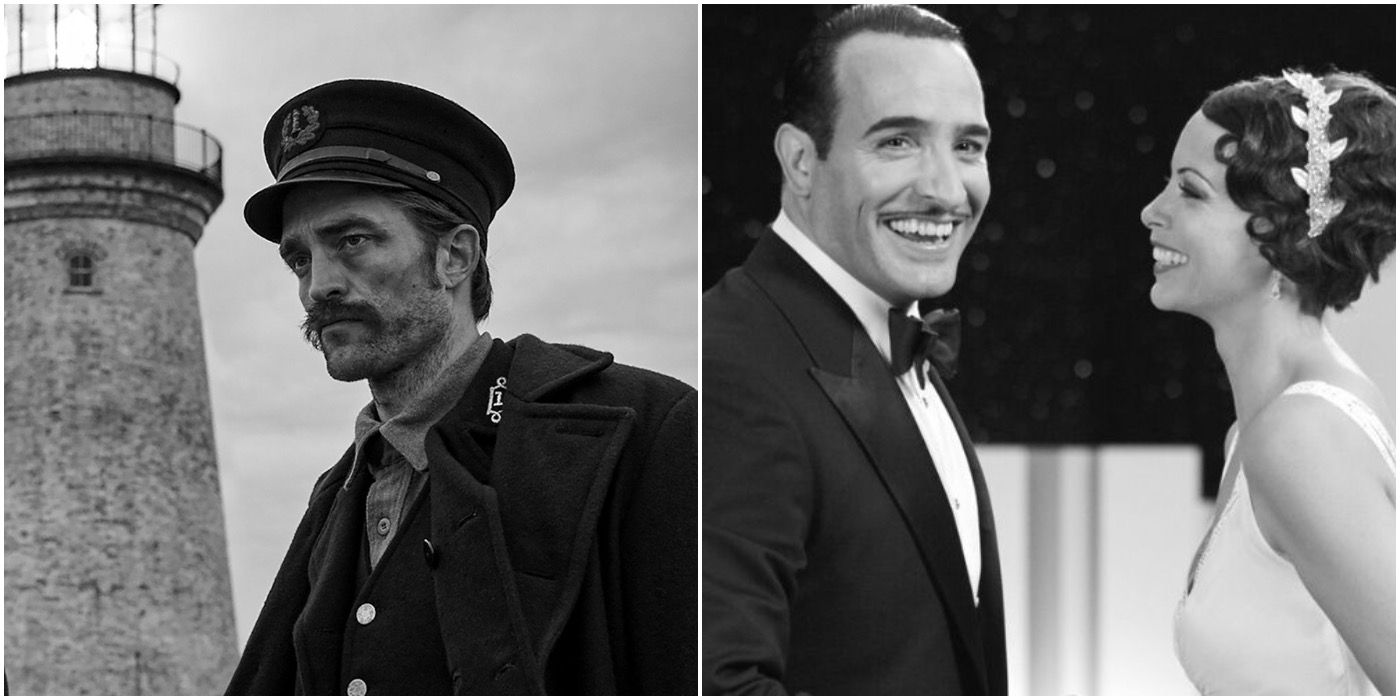
Related
The 5 Best (& 5 Worst) Black & White Movies Of The 2010s, Ranked According To IMDb
Shooting in black and white is a technique still used in the occasional movie to achieve a certain tone of gravitas, but it's not always successful.
Yet the piece fits perfectly into The Artist, serving the movie better than its own score’s composer apparently could. “Scene d’Amour” imbues two drastically different scenes from completely different cinematic eras with the same emotional force and dramatic tension. This example demonstrates the timeless brilliance of Bernard Hermann, whose best scores elevated such classic movies as Citizen Kane, Psycho, and Taxi Driver to the level of all-time greatness, alongside . Hermann himself only won one Oscar, for scoring the film The Devil and Daniel Webster in 1941. But his monumental legacy in film far exceeds this small golden statuette.
